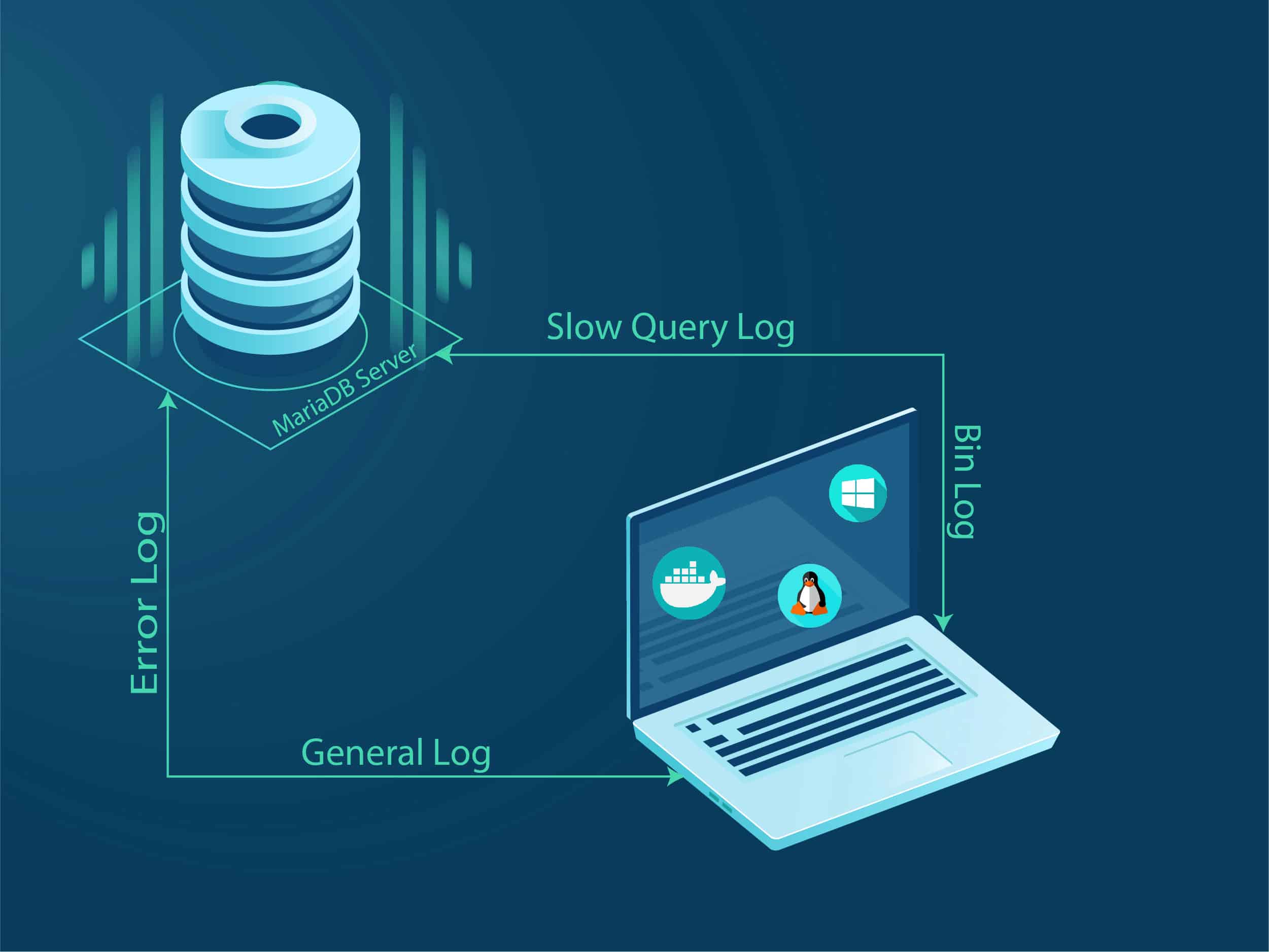Content
If a file cannot be found by one middleware function then it will be passed on to the subsequent middleware . The example below shows how you can add the middleware function using both approaches, and with/without a route. There are a number of ways for an asynchronous API to notify your application that it has completed. The most common way is to register a callback function when you invoke the asynchronous API, that will be called back when the operation completes. Opinionated frameworks are those with opinions about the “right way” to handle any particular task. They often support rapid development in a particular domain because the right way to do anything is usually well-understood and well-documented.
You can assume express as a layer built on the top of the Node.js that helps manage a server and routes. It provides a robust set of features to develop web and mobile applications. Express comes with a built-in error handler, which takes care of any remaining errors that might be encountered in the app. This default error-handling middleware function is added at the end of the middleware function stack. If you pass an error to next() and you do not handle it in an error handler, it will be handled by the built-in error handler; the error will be written to the client with the stack trace. You can write your own middleware functions, and you are likely to have to do so . Node (or more formally Node.js) is an open-source, cross-platform runtime environment that allows developers to create all kinds of server-side tools and applications in JavaScript.
What is Express.js
Collaboration tools are here to ease the way businesses work and collaborate daily, and with Express.js, you can develop collaborative and real-time networking applications with ease. Express adds dead simple routing and support for Connect middleware, allowing many extensions and useful features. Allows you to define application routes using HTTP methods and URLs.
Response Object − The response object represents the HTTP response that an Express app sends when it gets an HTTP request. It refers to how an application’s endpoint’s URLs respond to client requests. It’s a layer built on the top of the Node js that helps manage servers and routes. Express.js is the most popular framework in the Node.js ecosystem, and it’s not hard to see why. After processing, the server will dispatch a response back to the client using HTTP since it’s a back-and-forth communication protocol. Below is a list of just a few of the types of applications you can build with Express.js. It also provides a command-line interface tool called Node Package Manager , where developers can source for developed packages.
Not the answer you’re looking for? Browse other questions tagged node.jsexpressredis or ask your own question.
By using web frameworks like Express.js, developers can save time and focus on other important tasks. To learn more about Express and what it can do, visit the official website. There is a special routing method, app.all(), which will be called in response to any HTTP method. This is used for loading middleware functions at a particular path for all request methods. The following example shows a handler that will be executed for requests to /secret irrespective of the HTTP verb used . Express is an un-opinionated framework, meaning that it allows developers the freedom to structure their code how they choose instead of forcing a particular code structure.
In this first Express article we answer the questions “What is Node?” and “What is Express?”, and give you an overview of what makes the Express web framework special. We’ll outline the main features, and show you some of the main building blocks of an Express application (although at this point you won’t yet have a development environment in which to test it). We have seen a basic application which serves HTTP request for the homepage. Routing refers to determining how an application responds to a client request to a particular endpoint, which is a URI and a specific HTTP request method . Firstly, install the Express framework globally using NPM so that it can be used to create a web application using node terminal. It provides templating engines to build dynamic content on the web pages by creating HTML templates on the server. Middleware is a request handler that has access to the application’s request-response cycle.
What is Express.js? [closed]
It abstracts away unnecessary or unwanted web application features and provides you with a thin layer of core features that allow for flexibility. Express.js is a framework comprising a series of middleware to create a seamless development process.
- It provides templating engines to build dynamic content on the web pages by creating HTML templates on the server.
- Now let’s write our first basic program in which we will print “Welcome To Simplilearn” on the server.
- The server will receive the request through one of its routes and process it using the controller that matches the requested route.
- It is designed for building web applications and APIs and has been called the de facto standard server framework for Node.js.
- It also has best-in-class dependency resolution and can also be used to automate most of the build toolchain.
A minimalistic framework, it offers rapid application development and eases the stress of mastering the many different parts of a larger framework. It also provides rich features such as an excellent routing system, middlewares, and content negotiation right out of the box. There are several reasons why you should consider using Express.js for your next project, from faster I/O for faster requests and responses to its single-thread system and asynchronous processes. It also uses the MVC structure to simplify data manipulations and routing systems. Express.js, sometimes also referred to as “Express,” is a minimalist, fast, and Sinatra-like Node.js backend framework that provides robust features and tools for developing scalable backend applications. It gives you the routing system and simplified features to extend the framework by developing more powerful components and parts depending on your application use cases. Express makes no assumptions in terms of structure or what components you use.









